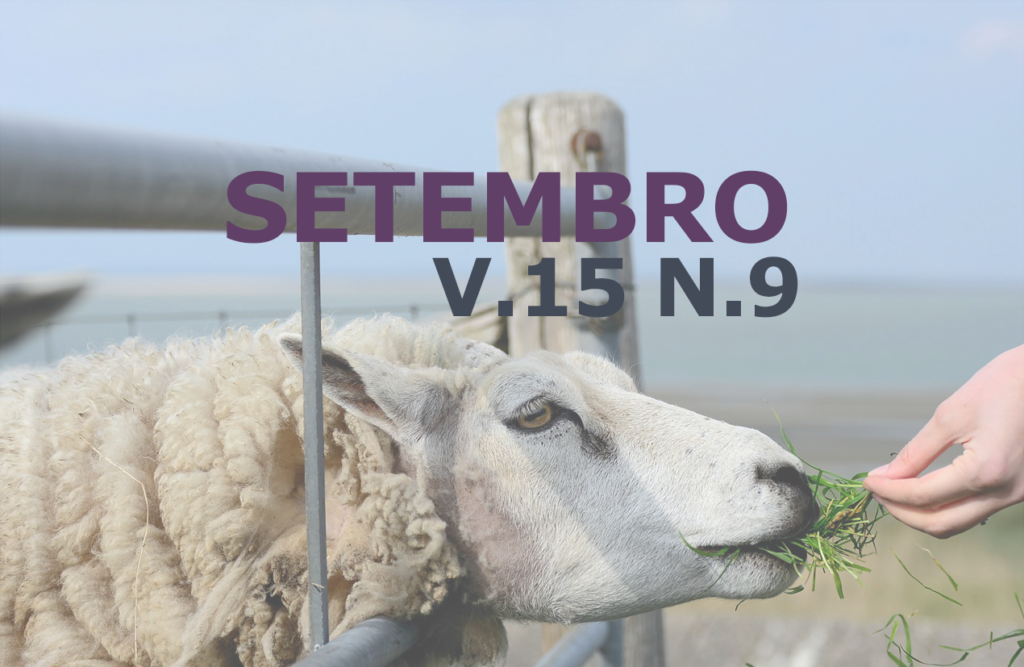Uso de animais na experimentação animal: Revisão
DOI:
https://doi.org/10.31533/pubvet.v15n09a910.1-8Palavras-chave:
Bioética, métodos alternativos, pesquisa científicaResumo
O presente trabalho tem como objetivo revisar os aspectos referentes à experimentação animal apresentando aspectos históricos, éticos e práticos intrínsecos ao tema. Desde a Antiguidade, animais são utilizados em pesquisas científicas que testam a eficácia, mecanismos de ação e toxicologia de substâncias químicas com potencial para utilização como novos tratamentos para doenças. A utilização de animais em experimentação vem despertando uma forte discussão dentro da comunidade acadêmica e dos grupos de proteção dos animais. Buscando reduzir o uso de animais em pesquisas científicas, métodos alternativos estão sendo empregados fundamentando-se nos princípios dos "3Rs" para a realização de experimentação animal, ou seja, com foco na substituição, redução e refinamento. Experimentos bem planejados, que utilizam um número adequado de animais, aliados a uma análise estatística adequada, garantem a robustez e validade dos resultados experimentais. Vale ressaltar que aspectos referentes aos tipos de pesquisa e modelos experimentais devem ser levados em consideração, respeitando sempre os princípios legais e éticos, o que reflete na validade e aceitabilidade dos resultados.
Downloads
Publicado
Edição
Seção
Licença
Copyright (c) 2021 Eldo Jose Rodrigues dos Santos, Liara da Silva Assis, Marluce Pereira Damasceno Lima, Maria Christina Sanches Muratori, Natanael Pereira da Silva Santos

Este trabalho está licenciado sob uma licença Creative Commons Attribution 4.0 International License.
Você tem o direito de:
Compartilhar — copiar e redistribuir o material em qualquer suporte ou formato
Adaptar — remixar, transformar, e criar a partir do material para qualquer fim, mesmo que comercial.
O licenciante não pode revogar estes direitos desde que você respeite os termos da licença. De acordo com os termos seguintes:
Atribuição
— Você deve dar o crédito apropriado, prover um link para a licença e indicar se mudanças foram feitas. Você deve fazê-lo em qualquer circunstância razoável, mas de nenhuma maneira que sugira que o licenciante apoia você ou o seu uso. Sem restrições adicionais
— Você não pode aplicar termos jurídicos ou medidas de caráter tecnológico que restrinjam legalmente outros de fazerem algo que a licença permita.





